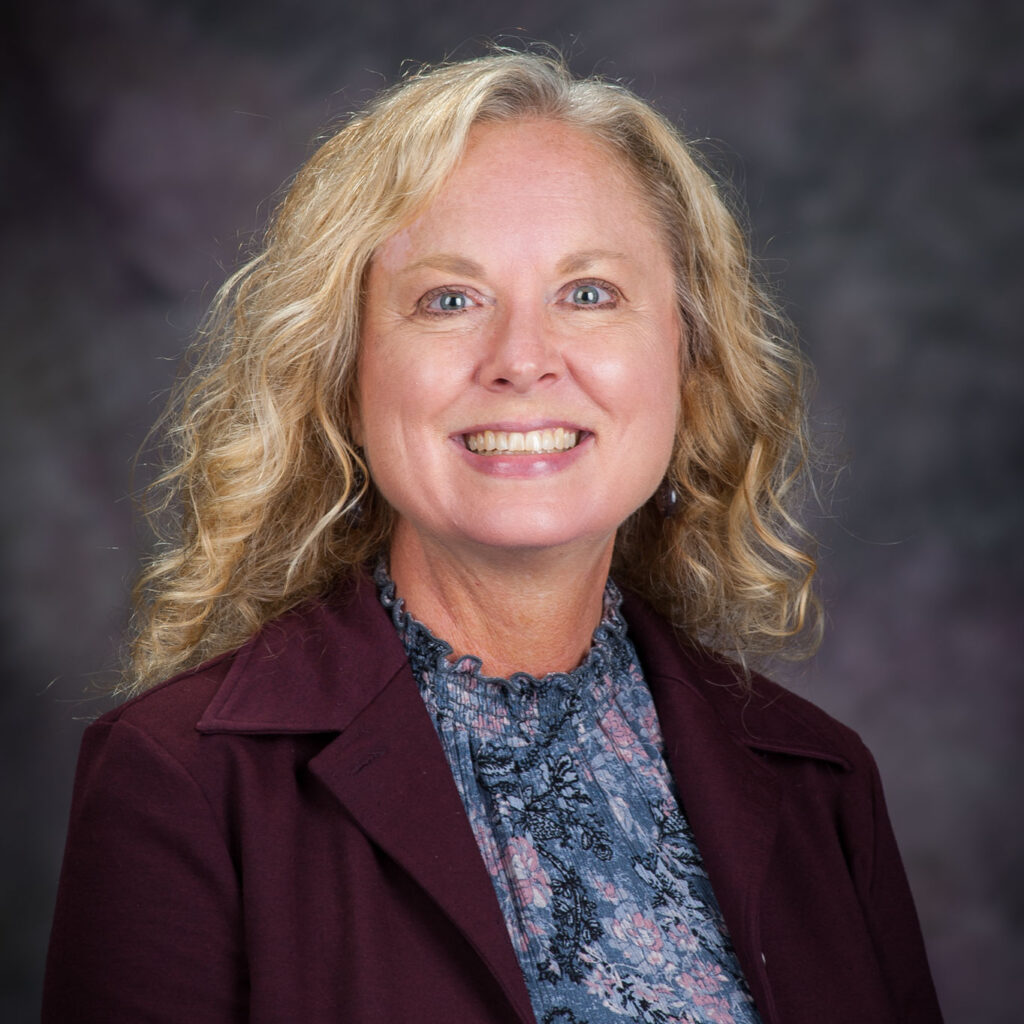3 Crucial Things to Understand About Survivors of Child Sexual Abuse
April 25, 2023
It is time to give the power back to the survivors…

A Voice for Trauma Survivors
My name is Dr. Briana Nelson Goff. My professional background as a marriage and family therapist, with specialized training in trauma and PTSD, has spanned almost 30 years. For the last 25 years, I have been a professor at Kansas State University. In addition to teaching courses on trauma, violence prevention, and life crises in the Conflict Analysis and Trauma Studies program at K-State, I am also a therapist at Andrews and Associates, one of the largest private clinical practices in the Flint Hills region, serving Manhattan, Junction City, and Wamego areas.
I have specialized in working with trauma survivors, including survivors of childhood sexual abuse and other survivors of sexual assault and violence. As an expert in this area, allow me to share three primary components that are necessary to understand the lasting effects and realities these individuals face.
It is time to give the power back to the survivors, many of whom had their power and voice taken away decades ago.
Here are 3 crucial things to understand about survivors of child sexual abuse:
1. Silence
Most victims of trauma, particularly children who are violated, do not share about their traumas. They are silent, for many reasons. One reason is that perpetrators often directly threaten their victims to remain silent. However, even those who are not directly threatened remain silent, pushing the memories of their horrifying experiences aside.
This is a normal response because 1) survivors do not want to believe something that horrible happened, and 2) they do not want anyone to know what they experienced. Survivors, even children, often go to great lengths to keep their secret, protecting everyone but themselves in the process.
Another reason for their silence is that child survivors of abuse and violence especially often do not have the verbal language to explain what they experienced. They may be told it is their fault and if they do tell, they may not be believed or worse, blamed for the abuse that was done TO them.
2. Impact
Regardless of when the violation happened, there are usually immediate effects, sometimes unnoticed by others, and there are always long-term effects. The impact of the violation that happens when a child is sexually abused is immeasurable.
The term “trauma” is a Greek word meaning a “wound of the soul.”
The depth of the severe damage done may be on the surface, if there is physical damage, but like an iceberg, the true damage is beneath the surface. Always there, but rarely seen by others, and never fully understood.
The impact may include depression, anxiety, posttraumatic stress disorder, borderline personality disorder, substance abuse, self-harm, suicidal ideations and attempts, chronic and severe health problems, relationship turbulence, attachment issues, … The issues they experience are extensive, corrosive, and life-long, impacting every aspect of their lives.
For many survivors, these issues make them feel “crazy” and fully to blame for every aspect, both the abuse and their lives since. Everything feels out of control, and every attempt to gain control is met with further blame and shame for who they are. The question, “What happened to you?” is rarely asked as others turn their backs on the survivors.
3. Healing and Resilience
There is hope. The survivors, many who have experienced severe sexual abuse at the hands of trusted adults or peers years previously, demonstrate a resilience as deep as their pain. Helping them find and mine that resilience is the step to healing and recovery.
Understanding and modifying the messages they have been told by others and have told themselves for decades, as well as recognizing the behaviors and patterns that have become a permanent part of their lives is the first step. Psychotherapy, medication, and other treatments can help them find their resilience journey, moving them farther away from being a victim to being a resilient survivor. From the trauma being the center of their lives to being a point in their lives but not the center around which their lives revolve.
Part of their resilience journey is telling their abuse story—acknowledging it for themselves and sharing it with others in their support system. Finding their voice and using that voice is an important step in healing.
Every Story Matters
Acknowledgment of trauma is not only important. It is necessary. For many survivors, finding their voice and telling their stories may never come. For others, they find their voice and share their stories after it is too late for their stories to bring any kind of justice for the crimes that were forced on them.
Justice means different things to survivors, but up until recently the statute of limitations did not allow the voices of the victims—many who were children when it occurred—to be heard. It said their voices—their experiences—do not matter.
I recently served as an expert on Kansas Senate Bill 317, a bill which was passed by the House and Senate unanimously (S Sub HB 2127) and was signed into state law on April 17, 2023. This legislature provides a necessary avenue for healing for many survivors, and it tells them that their voices—their stories—that they matter. And regardless of how long it takes them to find their voices, we will hear them when they are ready.
For every victim whose voice has been taken by violence and abuse, their voice will be heard. We will listen. ⯁
The above is adapted from Dr. Goff’s original written testimony submitted to the Kansas Senate in support of this critical reform to previous legislation.

About the Author
DR. BRIANA GOFF, LCMFT
Dr. Goff builds upon over 30 years of experience in teaching, research, and counseling. Briana is a Licensed Clinical Marriage and Family Therapist. She offers therapy to individuals, couples, and families, especially those dealing with life crises and trauma. Dr. Goff is an EMDR Certified Therapist and incorporates EMDR into much of her clinical work.
Suggested Reading
- Wild, Wonderful Love Relationship Retreat: September 16-17, 2023Andrews & Associates Counseling will be hosting the next Wild, Wonderful Love Relationship Retreat on Saturday, September 16 and Sunday, September 17, 2023 at Bluemont Hotel… Read more: Wild, Wonderful Love Relationship Retreat: September 16-17, 2023
- The Benefits of Seeing an Intern Therapist: Everything You Need to KnowSeeing an intern therapist can provide many benefits that you may not be aware of. In this article, we will explain exactly why they should be… Read more: The Benefits of Seeing an Intern Therapist: Everything You Need to Know
- How Employee Assistance Programs Support Workplace Mental HealthWhen it comes to employee wellbeing, things are not always as they seem… Employees are often expected to be high performers. They are typically required to… Read more: How Employee Assistance Programs Support Workplace Mental Health
- 3 Crucial Things to Understand About Survivors of Child Sexual AbuseIt is time to give the power back to the survivors… A Voice for Trauma Survivors My name is Dr. Briana Nelson Goff. My professional background… Read more: 3 Crucial Things to Understand About Survivors of Child Sexual Abuse
Counseling & Therapy for Individuals, Couples, Families, and Groups
terms & conditions
disclaimer
privacy policy
© andrews & associates counseling
Manhattan Main Office
4201 Anderson Ave., D110
Manhattan, KS 66503
Phone: 785-539-5455
A&A Kids Clinic
227 Blue Earth Place, Suite 203-c
Manhattan, KS 66502
Phone: 785-776-0749
Junction City Office
929 South Washington
Junction City, KS 66442
Phone: 785-539-5455
Wamego Office
1800 Farrell Drive
Wamego, KS 66547
Phone: 785-539-5455